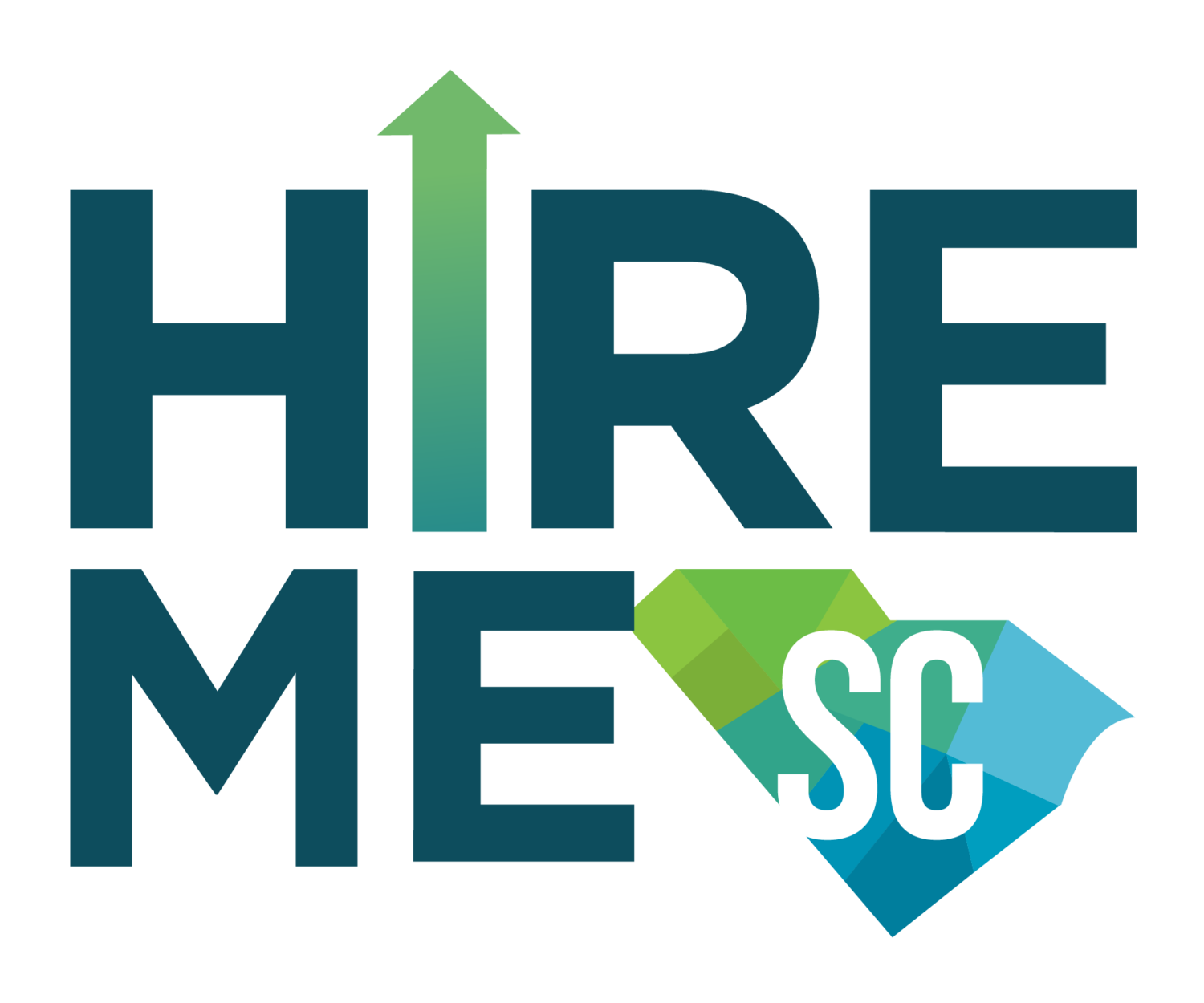They Can Do It: Encouraging Independence for Your Family Member with a Disability
There are pivotal moments in every adolescent’s life where they slowly begin seeking more independence and support as they start making their own decisions. Whether they want to get their first part-time job or they express the desire to live on their own, as their parent or guardian, it is your responsibility to provide the support needed and help them blossom into the adult they are becoming.
When you’re feeling stressed about your family member with a disability wanting to transition into adulthood, know that resources are available to help both of you. Preparing a teen or young adult to be more independent starts early. Your loved one may be ready to take that next step into adulthood, but are you ready to let them?
Figure out a supported decision-making agreement.
Supported decision making is a wonderful solution for both the individual with a disability and their parents or guardian. This process allows the individual with a disability to make their own decisions and choose a support system to aid them in their decision-making process as needed.
Learn how to be an advocate.
If you truly want to help your family member with a disability, you should advocate for their future. Learn the laws and policies that affect people with disabilities and push for positive change.
Encourage them to make their own decisions.
Instead of making decisions on their behalf or assuming their needs, include your family member with a disability in decision-making processes that apply to them.
Provide them with the resources they need to flourish.
There are many resources available for people with disabilities, both locally and nationally. For South Carolinians, you can get help in advocacy, transition to the community, independent living, and more from your local Centers for Independent Living, and additional resources — specifically surrounding disability employment —from Hire Me SC’s website.
Empowering your family member with a disability is not something you have to do alone. Visit our family page for more information and resources to help you support and encourage them so they can reach their employment goals and beyond.

